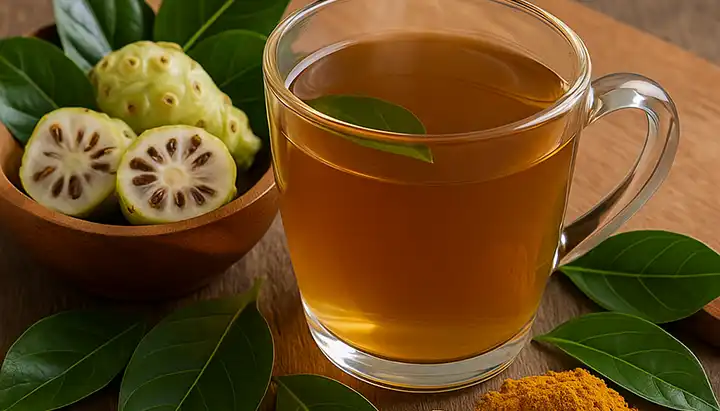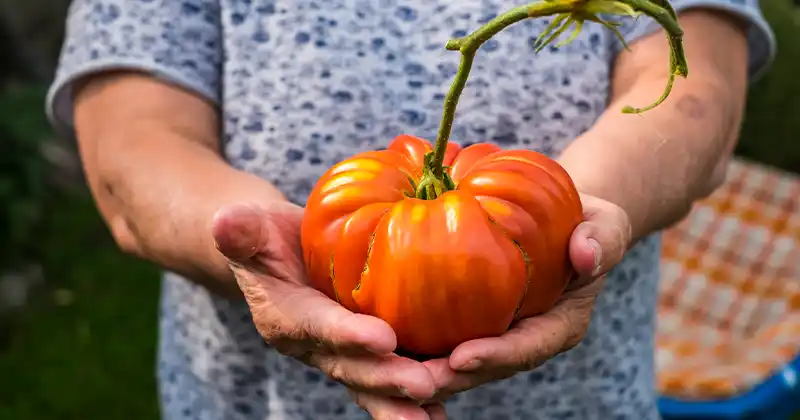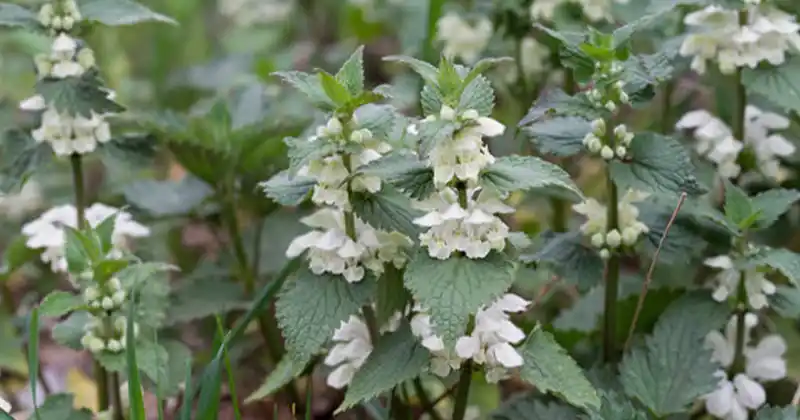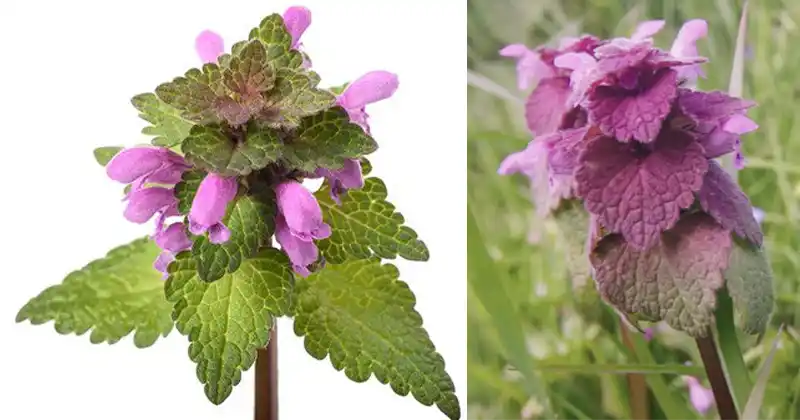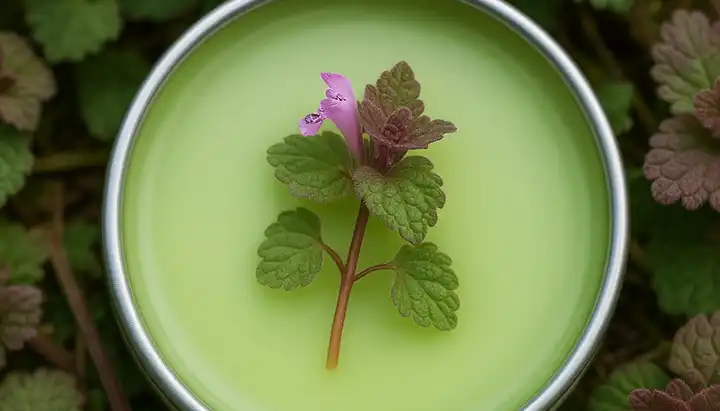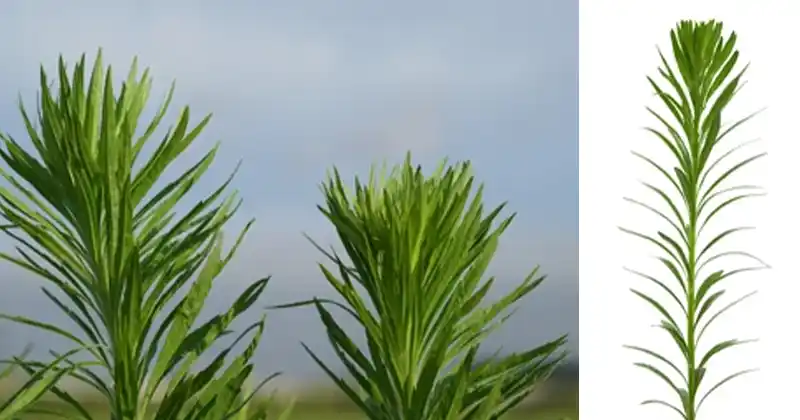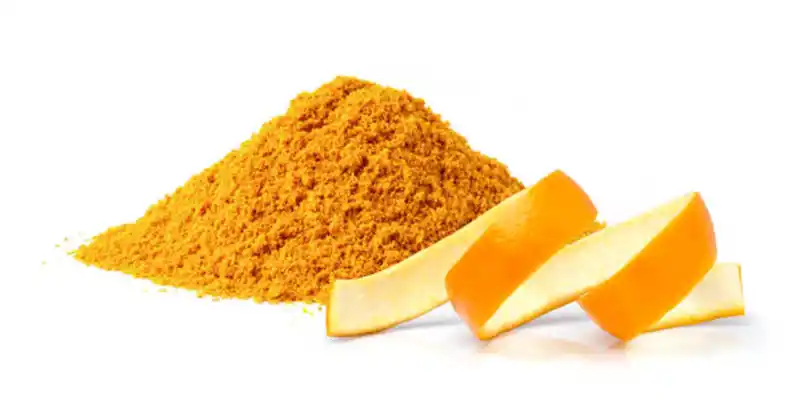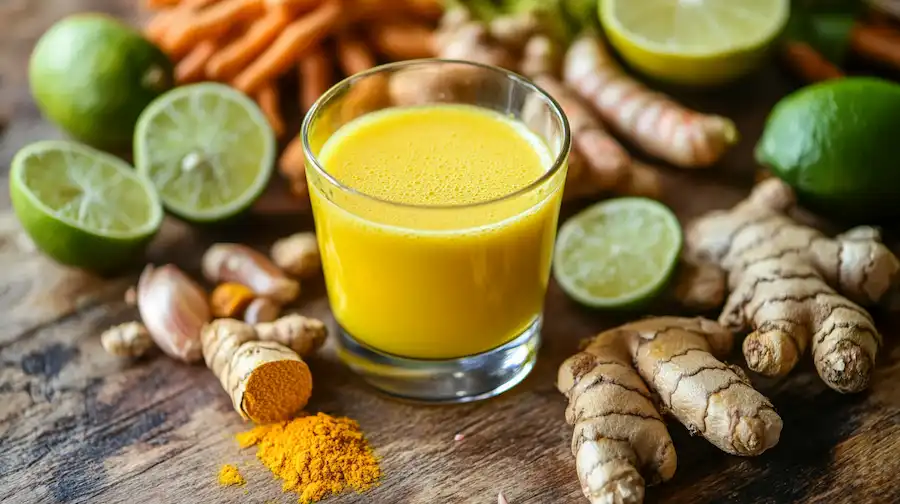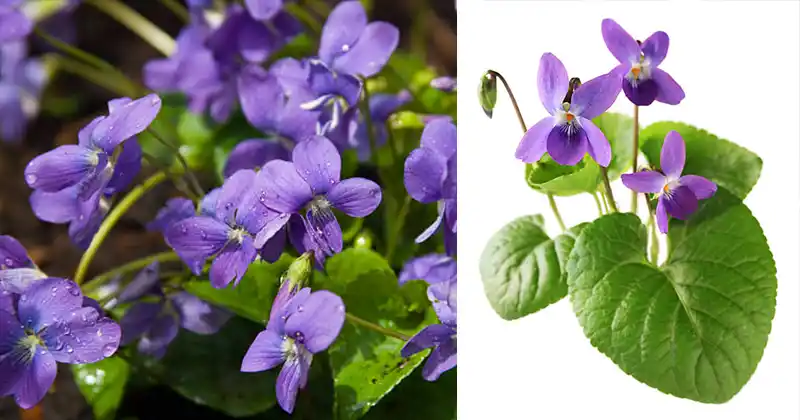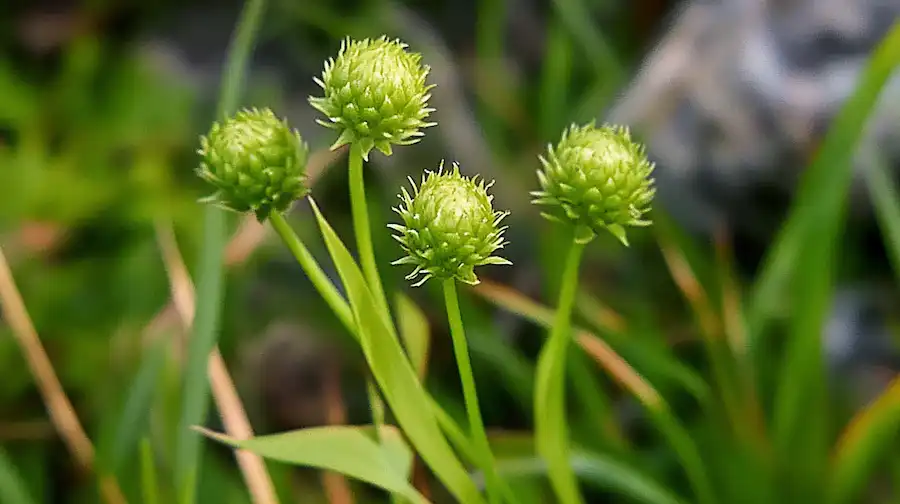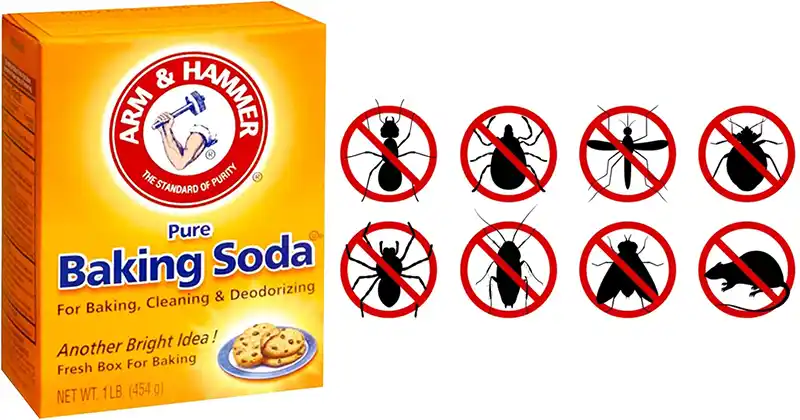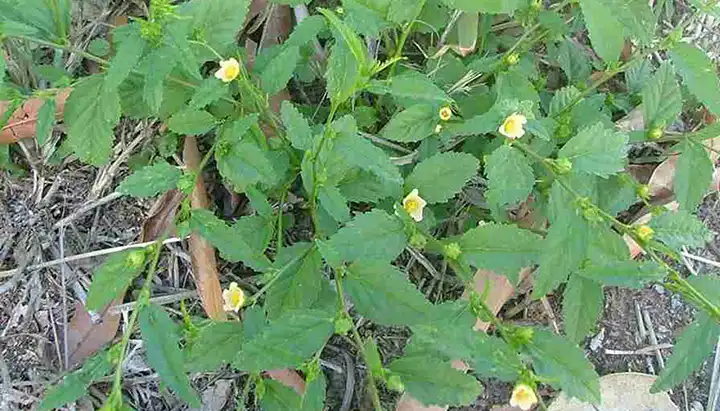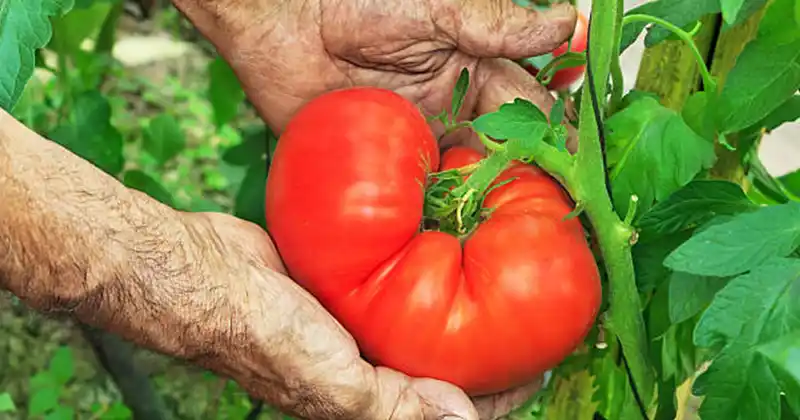7 Plants to Avoid Near Your Eggplants: Insights for Healthy Growth
Eggplants are a delightful addition to any vegetable garden, prized for their deep purple fruits and versatile culinary use. However, they require specific conditions to thrive, including careful consideration of their neighboring plants. Some plants can negatively impact eggplants by attracting pests, fostering diseases, or competing for nutrients. Here’s a guide to seven plants you should avoid planting near your eggplants and the reasons why, to help you maintain a healthy and productive eggplant crop.
1. Fennel
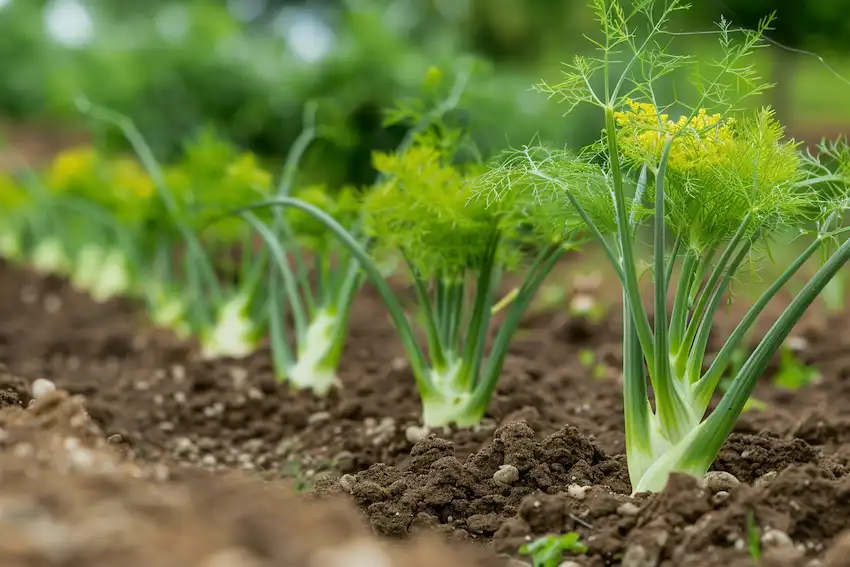
Why to Avoid: Fennel secretes a substance from its roots that can inhibit the growth of many plants, including eggplants.
Impact: Eggplants near fennel may exhibit stunted growth or produce fewer fruits due to allelopathic effects.
2. Potatoes
Why to Avoid: Both potatoes and eggplants are members of the nightshade family and are susceptible to the same diseases, such as blight and bacterial wilt.
Impact: Planting potatoes near eggplants can increase the risk of disease transmission, potentially leading to crop loss. Learn more in 7 plants to avoid planting near potatoes.
3. Corn
Why to Avoid: Corn attracts the corn earworm, which is also a known pest of eggplants, known as the eggplant fruit and shoot borer.
Impact: These pests can cause significant damage to eggplant fruits and foliage, reducing overall yield.
4. Cucumbers
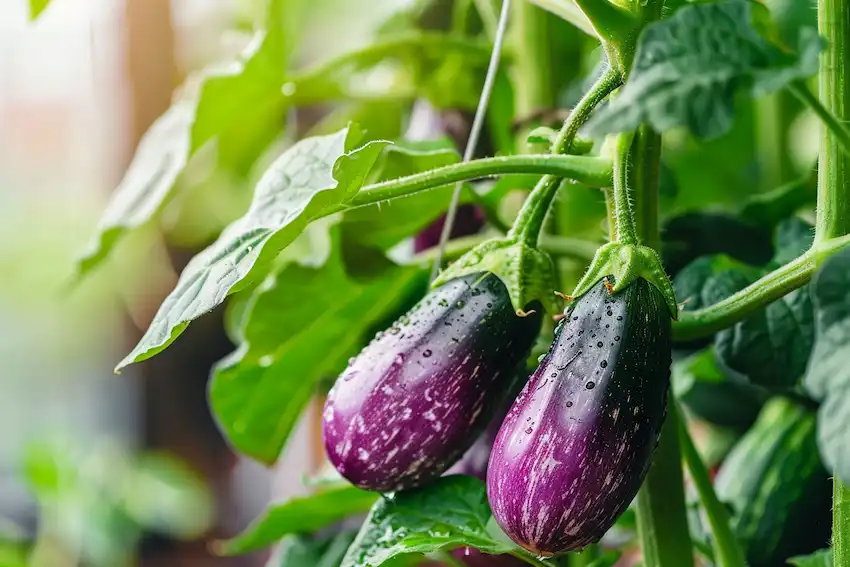
Why to Avoid: Like eggplants, cucumbers are susceptible to similar fungal diseases, which can be exacerbated when planted close together.
Impact: Increased moisture and decreased air circulation between these plants can lead to a higher incidence of fungal diseases. Protect your garden by avoiding these 7 plants to avoid growing near cucumbers.
5. Melons
Why to Avoid: Melons compete intensely for space, water, and nutrients, which can be detrimental to eggplants that require similar resources.
Impact: Eggplants may suffer from nutrient deficiencies and water stress when planted near melons, affecting their growth and fruiting capacity.
6. Peppers
Why to Avoid: Peppers and eggplants are close relatives and attract many of the same pests, including aphids and spider mites.
Impact: The proximity can lead to increased pest problems, which are harder to manage and can weaken eggplant plants. Learn more about compatible planting in 7 plants to steer clear of near your pepper plants.
7. Walnuts
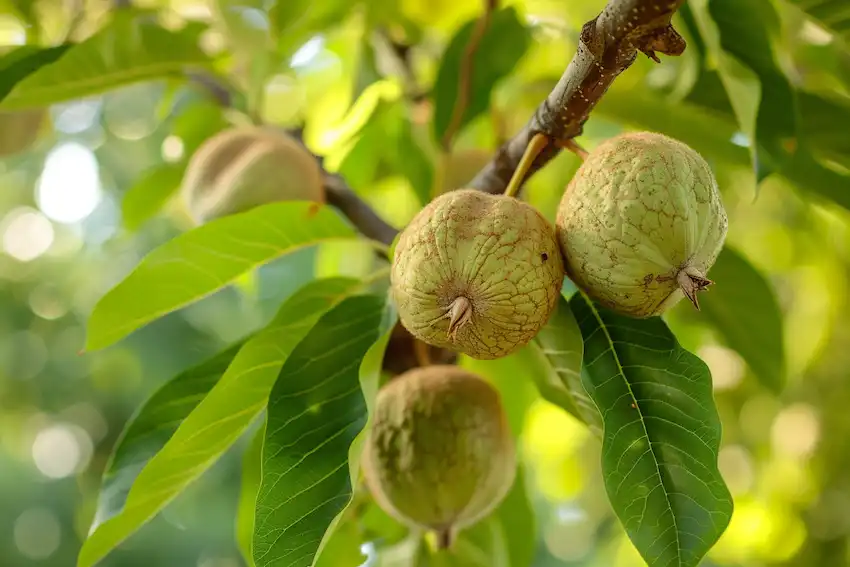
Why to Avoid: Walnut trees produce juglone, a natural compound that is toxic to many plants, including eggplants.
Impact: Juglone can cause wilting and eventual death in eggplants, severely affecting their growth.
Best Practices for Growing Eggplants
- Companion Planting: Consider planting marigolds, spinach, or thyme near eggplants, as these plants can repel pests and improve growth conditions.
- Adequate Spacing: Ensure sufficient space between eggplants and incompatible plants to minimize resource competition and maximize air circulation.
- Soil Health: Enrich the soil with organic compost to support eggplants’ nutritional needs, especially if grown near competitive plants.
- Pest Management: Implement regular monitoring and organic pest control strategies to maintain healthy eggplants.
Conclusion: Optimizing Your Eggplant Garden
By understanding and avoiding these seven plants near your eggplants, you can prevent many common gardening challenges. Careful plant selection and garden planning are key to cultivating robust eggplants that yield plentiful and healthy fruits. For more tips on companion planting, check out 7 plants to avoid planting near tomatoes.
